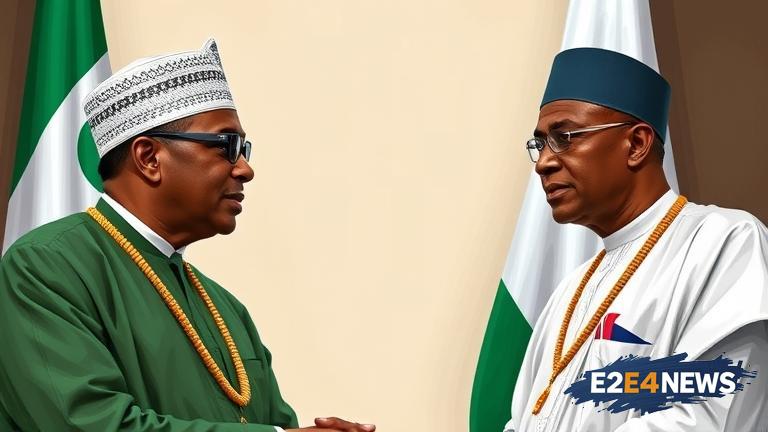Nigeria’s diplomatic corps has been plagued by a delay in appointing new ambassadors, sparking widespread criticism from experts in the field. The delay has been attributed to a range of factors, including bureaucratic inefficiencies and political infighting. According to experts, the lack of representation in key countries could have severe consequences for Nigeria’s international relations, economy, and national security. The country’s diplomatic missions have been without permanent representatives for several months, with some envoys serving in an acting capacity. This has raised concerns about the effectiveness of Nigeria’s diplomatic efforts and its ability to promote its interests abroad. Experts argue that the delay is not only embarrassing but also undermines the country’s credibility on the international stage. The Nigerian government has been accused of dragging its feet on the appointment process, with some blaming the delay on political considerations. The delay has also been linked to the ongoing political tensions in the country, with some factions reportedly jostling for influence in the appointment process. Despite the concerns, the Nigerian government has maintained that it is working to finalize the appointment process as soon as possible. However, experts warn that the delay could have long-term consequences for the country’s diplomatic relations and economy. Nigeria’s economy is heavily reliant on international trade and investment, and the lack of diplomatic representation could deter foreign investors and hinder trade agreements. Furthermore, the delay could also impact Nigeria’s ability to engage with international organizations and participate in global decision-making processes. The country’s diplomatic isolation could also have security implications, as Nigeria relies on international cooperation to combat terrorism and other security threats. In addition, the delay could also affect Nigeria’s relations with other African countries, potentially undermining its position as a regional leader. Experts are calling on the Nigerian government to prioritize the appointment process and ensure that the country’s diplomatic missions are fully staffed as soon as possible. The delay has also raised questions about the government’s commitment to diplomacy and its ability to manage the country’s international relations effectively. As the situation continues to unfold, experts will be watching closely to see how the Nigerian government responds to the crisis and whether it can restore the country’s diplomatic credibility.
